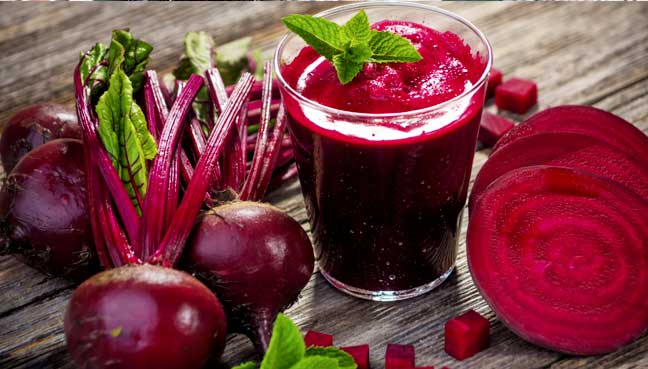Who should avoid beetroot?
Beetroot is often celebrated for its nutritional benefits, including its high content of vitamins, minerals, and antioxidants. However, despite its reputation as a superfood, beetroot may not be suitable for everyone. Certain individuals may need to limit or avoid beetroot consumption due to specific medical conditions or dietary restrictions. Below is a comprehensive guide on who should be cautious when including beetroot in their diet.
1. Individuals prone to kidney stones
Beetroot contains high levels of oxalates, which can contribute to the formation of kidney stones, particularly in individuals prone to calcium oxalate stones. Patients with a history of kidney stones are advised to moderate their intake of beetroot or consult a healthcare professional for personalized dietary guidance.
2. People with low blood pressure
Beetroot is known for its blood pressure-lowering properties due to its high nitrate content. While this can be beneficial for those with hypertension, individuals with already low blood pressure (hypotension) should consume beetroot with caution, as it may exacerbate the condition.
3. Diabetics
Although beetroot is rich in fiber and has a relatively low glycemic index, its sugar content may still impact blood sugar levels if consumed in excess. Patients with diabetes or those managing their blood sugar levels should monitor their beetroot consumption and incorporate it into their diet under medical supervision.
4. Individuals with iron overload disorders
Beetroot is a good source of iron, which is typically beneficial for those with iron deficiencies. However, individuals with conditions like hemochromatosis, where the body absorbs and stores excessive amounts of iron, should avoid excessive beetroot consumption to prevent complications.
5. Patients with gastrointestinal issues
Beetroot can sometimes cause digestive discomfort, including bloating or gas, especially when consumed in large quantities. Additionally, its high fiber content may aggravate symptoms in individuals with irritable bowel syndrome (IBS) or other gastrointestinal disorders.
6. Patients with allergies
Although rare, beetroot allergies can occur, causing symptoms such as rash, itching, or even difficulty breathing. Anyone experiencing allergic reactions after consuming beetroot should seek medical advice immediately.
7. Individuals on certain medications
Beetroot’s interaction with medications, particularly those for lowering blood pressure or anticoagulants, may require caution. The natural compounds in beetroot can potentially enhance or interfere with the effects of these medications.
Signs that indicate you should reduce beetroot intake
- Beeturia: The red or pink discoloration of urine and stool after eating beetroot is usually harmless but can indicate excessive consumption.
- Stomach Upset: Symptoms like diarrhea, nausea, or abdominal pain may suggest that beetroot is not well-tolerated.
Should I buy beetroot supplements?
Experts recommend consuming whole beets rather than expensive supplements or juices to maximize their health benefits, as beets are rich in antioxidants and nitrates that support heart health, athletic performance, and potentially lower cancer risk. While some studies suggest beetroot juice may improve blood pressure, blood sugar regulation, and exercise tolerance, the effects are often modest and more relevant to elite athletes. Research also indicates that beets may enhance cognitive function and memory, though evidence is limited. Overall, whole beets provide more nutritional value, including fiber and other beneficial compounds, making them a superior choice over processed supplements or juices.

